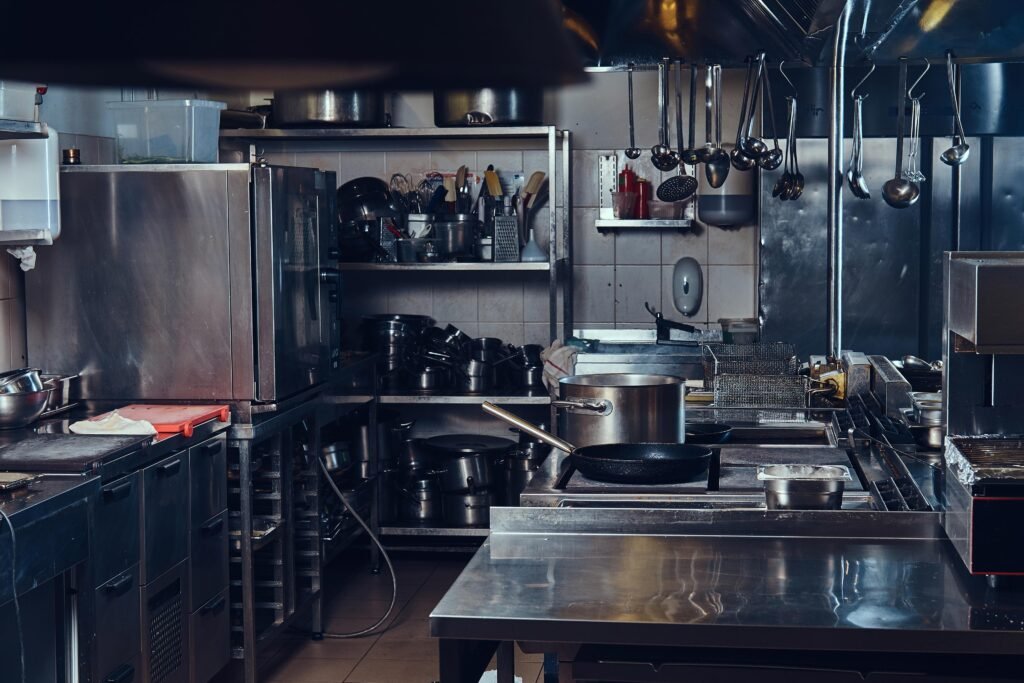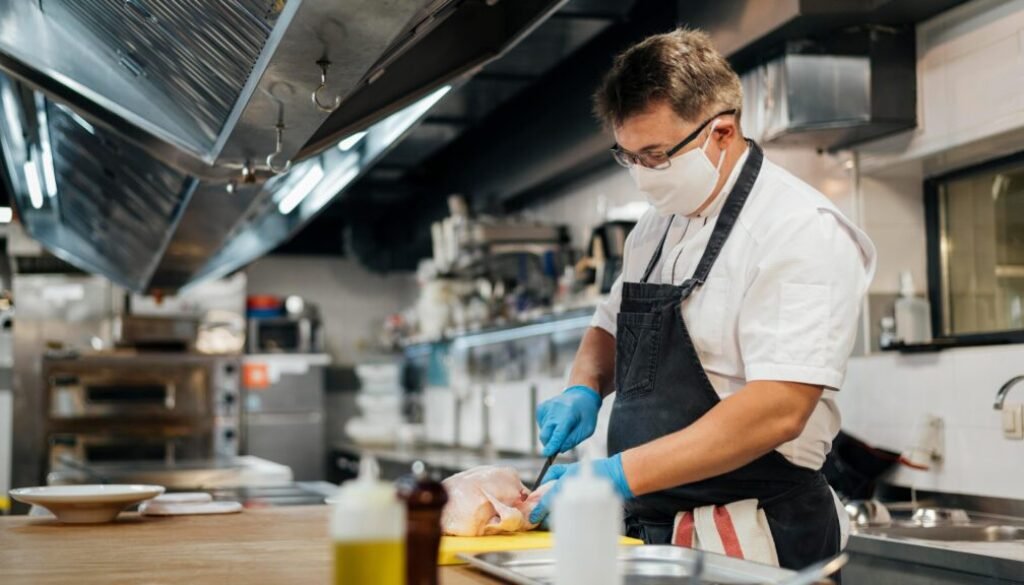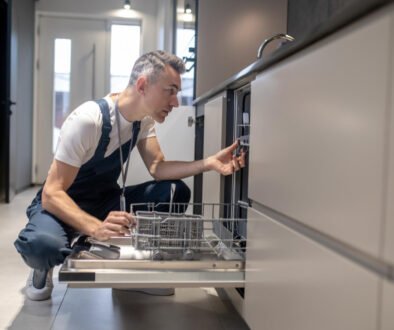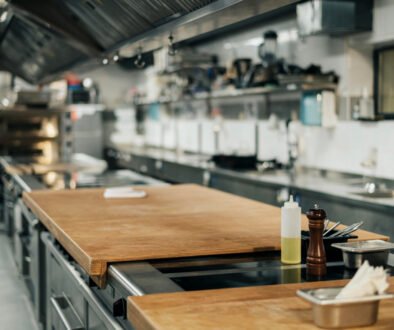The Importance of Scheduled Restaurant Kitchen Appliance Maintenance
In the hustle and bustle of a restaurant kitchen, where the sizzle of pans and the aroma of delicious dishes fill the air, the importance of commercial kitchen appliance maintenance often takes a back seat. Yet, the longevity and efficiency of your kitchen equipment play a crucial role in the success of your establishment. In this blog, we delve into the significance of scheduled maintenance for commercial kitchen appliance maintenance and the benefits it brings to the overall functioning of a restaurant.
Benefits of scheduled kitchen appliance maintenance
I. Maximizing Efficiency and Performance:
Scheduled maintenance allows for the regular assessment of kitchen appliances, such as ovens, refrigerators, dishwashers, and grills. Routine upkeep ensures that each piece of equipment is operating at its optimal level, maximizing energy efficiency and reducing operational costs. By addressing minor issues promptly, technicians can prevent major breakdowns, saving time and money.
II. Ensuring Food Safety and Hygiene Compliance:
In the restaurant industry, maintaining high standards of food safety and hygiene is paramount. Proper kitchen appliance maintenance guarantees that they are clean, sanitized, and functioning correctly. Temperature regulation in refrigeration units prevents food spoilage and the growth of harmful bacteria, safeguarding the health of customers and preserving the reputation of the establishment.
III. Extending Lifespan of Appliances:

Replacing kitchen appliances can be a substantial investment. Regular maintenance, including cleaning, calibration, and lubrication, can extend the lifespan of these appliances significantly. By adhering to recommended maintenance schedules, restaurant owners can keep equipment running smoothly for many years, reducing the need for costly replacements.
IV. Minimizing Downtime and Disruption:
A sudden equipment failure during a busy service can be disastrous for a restaurant. Scheduled maintenance ensures that potential issues and malfunctions are identified and resolved before they escalate into emergencies, minimizing downtime and disruptions to operations. This proactive approach allows restaurants to deliver consistent service to their customers and avoid revenue losses due to unexpected breakdowns.
V. Preventing Costly Breakdowns
Commercial kitchen equipment maintenance is not just about fixing what’s broken; it’s about preventing breakdowns before they happen. Scheduled check-ups and routine inspections allow technicians to identify potential issues early on, addressing them before they escalate into costly repairs or replacements. By nipping problems in the bud, you not only save on expenses but also ensure your kitchen remains a hub of efficiency.
VI. Optimizing Energy Efficiency
Optimizing energy efficiency is crucial in an era where sustainability is at the forefront of business considerations. Well-maintained kitchen equipment operates more efficiently, reducing energy consumption and minimizing the environmental footprint of your establishment. Not only is this a responsible business practice, but it also reflects positively on your brand, resonating with environmentally conscious customers.
VII . Compliance with Regulations and Insurance Requirements:
Commercial kitchen appliances are subject to various regulations and safety standards. Regular maintenance helps ensure that these requirements are met, reducing the risk of regulatory compliance issues, fines, and penalties. Additionally, some insurance policies require documented maintenance records to maintain coverage. Adhering to a scheduled maintenance program not only keeps operations running smoothly but also ensures compliance with legal and insurance obligations.
Investing in scheduled restaurant kitchen appliance maintenance is a wise decision that delivers numerous benefits both in the short and long term. By maximizing efficiency, ensuring food safety, extending the lifespan of appliances, minimizing downtime, and meeting regulatory and insurance requirements, restaurants can operate smoothly, protect their investment, and deliver exceptional dining experiences to their customers. Prioritizing commercial kitchen maintenance is not just an expense; it is an investment in the success and sustainability of the business.


